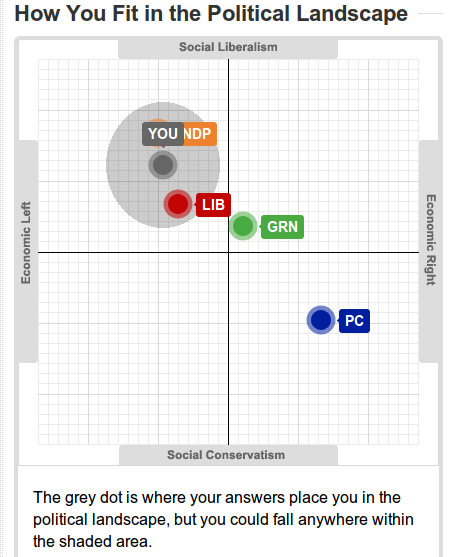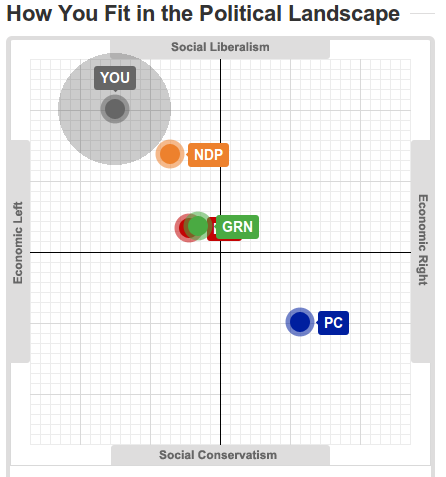The question of whether we’re living in the best of all possible worlds is a question of optimization. Optimism and optimization are, of course, closely related words. I find the assertion that we’re living in the best of all possible worlds to be cause for extreme pessimism. I’m probably not the only person who feels that way, as Voltaire’s Candide is so often held up as a case study in gallows humor. A claim that we’re living in the best of all possible worlds can only be read as a defense of the status quo. I find almost as depressing the idea that we could be one simple step (say, radical deregulation) away from being in the best of all possible worlds. That claim is connected to the ideology of the market mechanism being the best of all possible optimizers, which I regard as a statement of faith (and even an attribution of omniscience), and is why I think the label “market fundamentalist” is entirely justified.
Assuming that a possible world is not a perfect world, assuming that a possible world is a world of tradeoffs, I assume we are assuming that the best [plural] of all possible worlds embody the most efficient tradeoffs. For example, if there is a tradeoff between unemployment and inflation (not that I’m saying there is), “stagflation” represents the worst of both worlds and is an indication that
- There is some third competing objective that’s being “paid for” in a currency called “misery”,
- The range of possible outcomes has become less appealing, perhaps due to GNP shrinkage, or even a slower rate of growth, given how much of a fucking treadmill economics tends to be, or
- We’re not living in the best of all possible worlds
The third possibility is the one I find most palatable, and therefore most plausible (being an optimist, after all). The first, while it represents how we rationally would like to think the world works, troubles me because it is consistent with (even though it does not imply) an already-optimal status quo. The second possibility is the most troubling, as the implication there seems to be that the painfulness of the tradeoffs is inversely proportional to the size of the proverbial “pie.” The trouble with this is that it seems to say “yes, Virginia, money (or “wealth,” anyway) is everything.” And of course, there is a one-size-fits-all panacea; in this case economic growth. I hate panaceas. I’m more into paradigm shifts. One I’d like to see is sociology replacing economics as “the physics of the social sciences.” But perhaps I should be careful what I wish for, as this preference is based mostly on feeling more “tribal” solidarity with the sociologists than with the economists.
About the plural use of ‘best’ in the second paragraph: Assuming tradeoffs between desiderata, there is a Pareto-optimal set, and either the status quo is a data point on that curve or it is not. In the latter case we are not living in the best of all possible worlds. In the former case, we are doing as well as we can for now, and there is the question of whether we can “push the envelope,” so to speak, or “expand the frontier.” I’m actually open to avenues other than wealth creation by which this can be accomplished. I’m not entirely opposed to accomplishing it through wealth creation, but I am sick and tired of the idea that wealth creators (a.k.a. entreprenoors and other marketeers) are the only class of people who deserve credit for any improvement in the human condition. The implication there is that the rest of us are simply along for the ride, and perhaps if a bunch of us got killed in (say) a train wreck, it wound’t be any big loss for humanity. I also happen to admire a lot of past and present figures on the human stage whose contributions have been more in areas like rabble-rousing and stepping on the toes of giants and things like that, and I want to believe I have at least some of them to thank for at least some of the progress we’ve enjoyed so far. I know, tribalism again. Guilty as charged.

